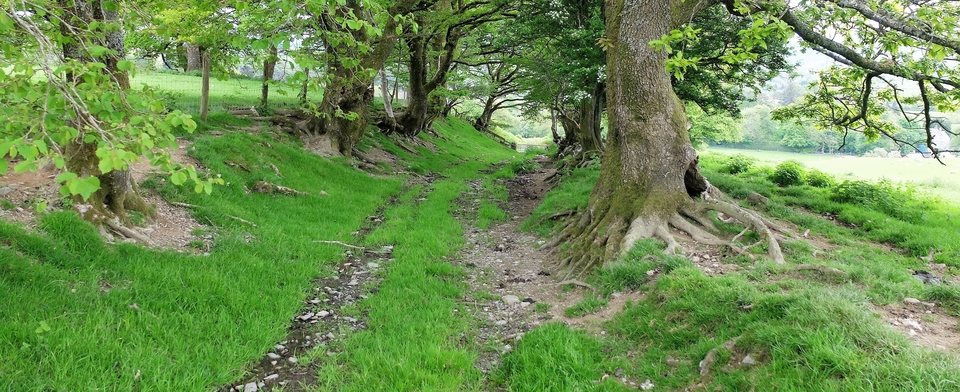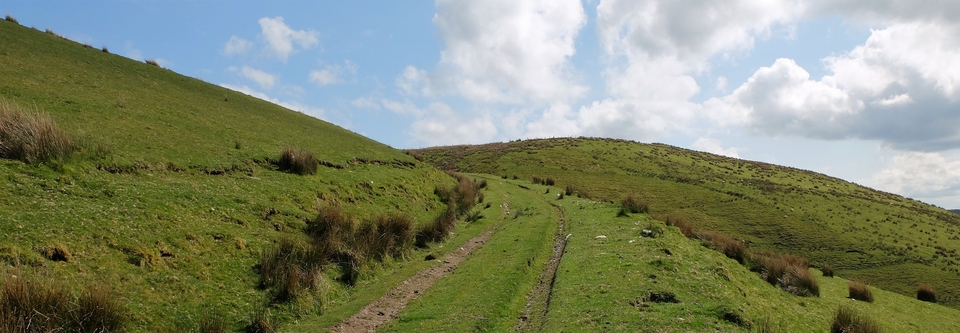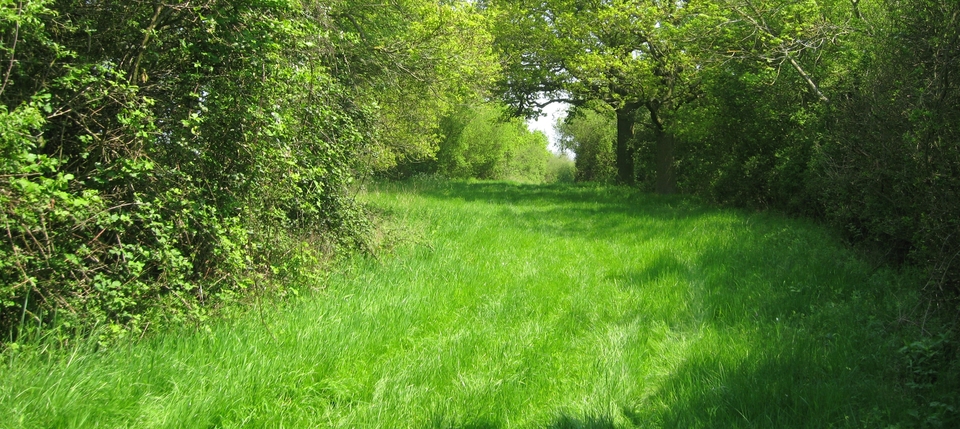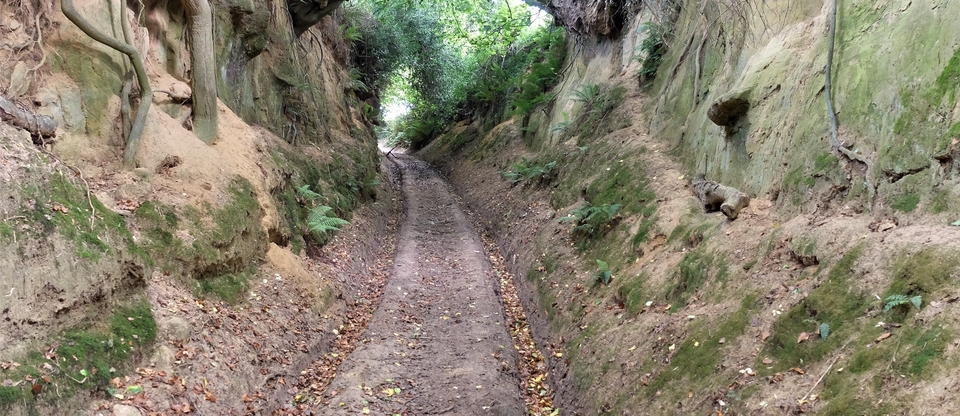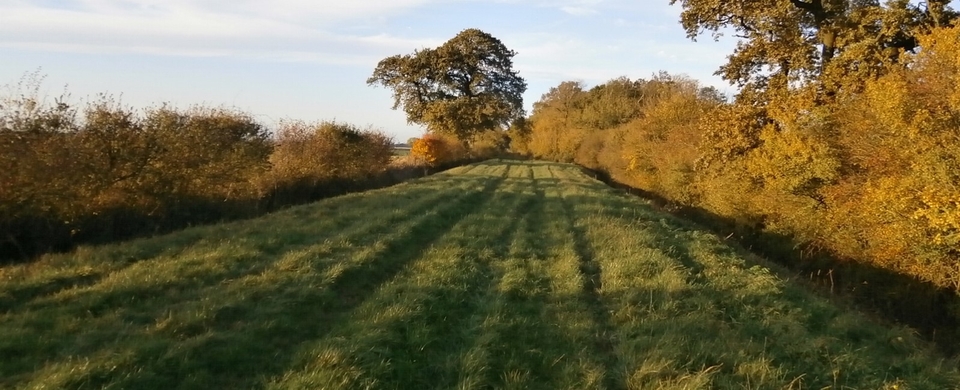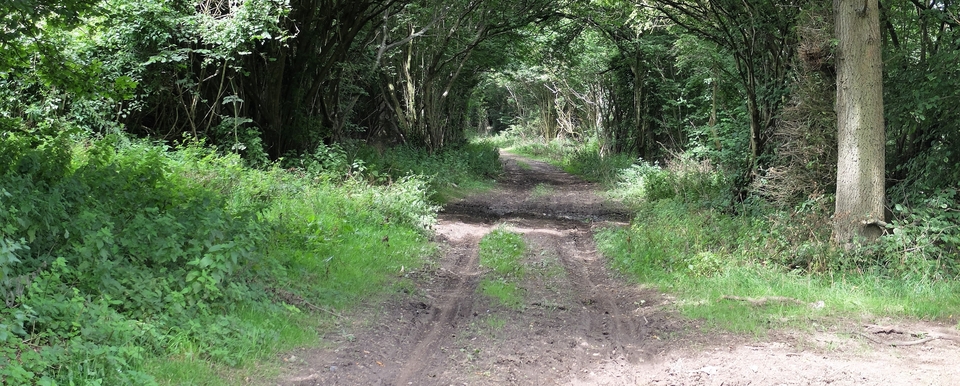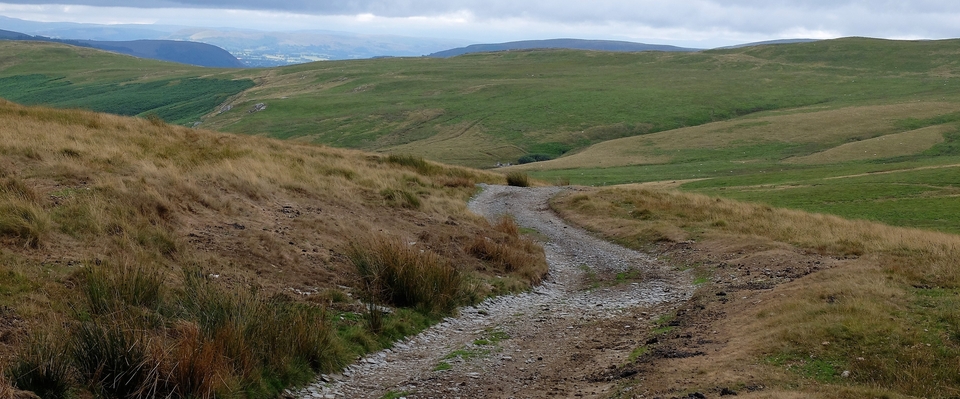Battle of Stamford Bridge #2
The Battle of Stamford Bridge (#2)
My thanks to Jeff Blincow, a Northamptonshire man, for alerting me to the significance of Stamford, in Lincolnshire: virtually all routes north of that town would have converged there to cross the Welland...which makes the township's fury at the behaviour of the Marquess of Exeter1 in 1849, as described graphically in the Lincoln & Stamford Advertiser2, totally understandable.
The first paragraph of the (long) newspaper article castigates the marquess on several grounds: lack of statesmanship, sanctity and oratorical ability. It then describes an incident the Friday before:
It is known that His Lordship has set up a claim (...ever & ever again disputed) to a right of TOLL for passing over Stamford Bridge3. To enforce this claim upon the cattle dealers & drovers who attended St Jude's Fair, a gang of about 20 powerful men were employed, armed with thick sticks and placed in a row across the bridge...
...Very speedily acts of violence commenced...Lord Exeter's men made free use of their bludgeons, striking the poor animals over their heads...
The drovers soon obtained assistance from the townspeople...but the appetite of Lord Exeter's ruffians seemed whetted with a desire to be as severe on the animals as possible. But the more they used their bludgeons, the more determined were the people to get the animals over without payment of toll.
One drove was on the bridge for half an hour and two of the beasts were felled and nearly disabled; an ox...was so much injured that it was necessary to kill it; a cow had one of her eyes knocked out, another a thigh-bone broken; others had their horns knocked off.
...So strong was the feeling that two of Lord Exeter's men were nearly thrown over the bridge...
For six hours the sickening exhibition carried on...[until] the magistrates ordered more policeman to give notice to the Marquess that if he persisted, his men would be in custody...
One man was eventually arrested. When he pleaded poverty, he was returned to his mates to warn them that they could all be sent to gaol. Hearing this, all Exeter's men put down their weapons.
But – six hours! What a tolerant/obsequious/terrified people we are. “Nearly” thrown over the bridge! Why “nearly”?
The threat of the rope, I suspect.
1 Otherwise Brownlow Cecil, 2nd Marquess, resident at Burghley House
2 November 16th 1849
3 The bridge in the picture had been rebuilt only a few months before the battle.
